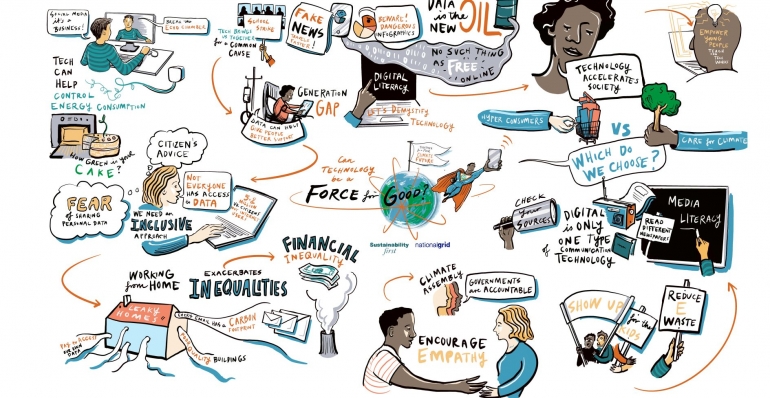All the electricity distribution networks have now published drafts of their RIIO2 Business Plans (with the exception of UK Power Networks who have produced a 20-page summary).
Publications
We support the underlying consultation proposition that net zero creates a step-change and the need for a new expert capability across electricity and gas systems. We also argue for a need to evolve whole-system approaches to energy system architecture, coordination and governance. In developing the Future System Operator role as outlined in the consultation, we also highlight areas that need more attention
We fully support the need for a Strategic Policy Statement, and also recognise that it needs to be part of the strategic objectives which have been set for Ofwat in legislation. The SPS admirably seeks to give these steers which are, welcomely, significantly more numerous and granular than in the 2017 SPS. We outline our response to Defra’s three key questions and make suggestions for improving the SPS. But we also argue that the SPS would be greatly improved if – either within the document or elsewhere – ministers set out a strategic vision for a future water industry.
With major changes ahead in energy and water there is a growing need to look across sectors. There have always been inter-dependencies but the focus on net zero creates new opportunities and risks. There needs to be more dialogue and joint planning. With Strategic Policy Statements being developed for water and energy the time is right to think afresh about these interactions and for the regulatory framework to evolve to support a cross sector approach
One of the mantras in regulatory circles at the minute is the need to focus on “whole systems”. Over recent years Ofgem has been expanding its thinking from simply “whole electricity system” to “whole energy system” to a position now where transport and heat are being brought into the picture. However, looking more widely still the strategic cross-sector issues between energy and water rarely get discussed. This Viewpoint aims to highlight where some of the important overlaps lie as a basis for encouraging more truly whole systems thinking.
This paper was presented at the BIEE Conference: Energy for a Net Zero Society by Sustainability First Director, Sharon Darcy on 13th September 2021.
The purpose of this slide deck is to stimulate discussion, and act as a source of reference, on: how best flexibility and uncertainty can be addressed in regulation in the energy and water sectors; and to help ensure that sufficient focus is given to long-term issues in these areas.
Can technology be a force for good in delivering a fair climate future? explored the role of digital technology regarding the climate crisis and social justice. The event looked at both how technology can mobilise change and empower people to act, but also how to overcome any barriers and the risks of our increasing reliance on digital technologies.
The ideas in this document are those of the panellists and video contributors –full credit must be attributed to them. Find out more about the speakers at the end of this summary.
This discussion paper begins by exploring the importance of engagement in terms of delivering public value. It considers the reasons why engagement is important, different types of engagement and the concept of engagement maturity.
It then puts forward Sustainability First’s ‘Essential Services Utopia’ proffering some key outcomes we should aspire to achieve in the water and energy sectors, and which engagement can play a key role in delivering. The paper then highlights 26 recommendations to maximise public value. There is much good work going on in this area but to really seize the ‘engagement opportunities’ available, we consider that decision makers should stand back and ask some fundamental questions about their approach.



_medium.png)

_medium.png)


